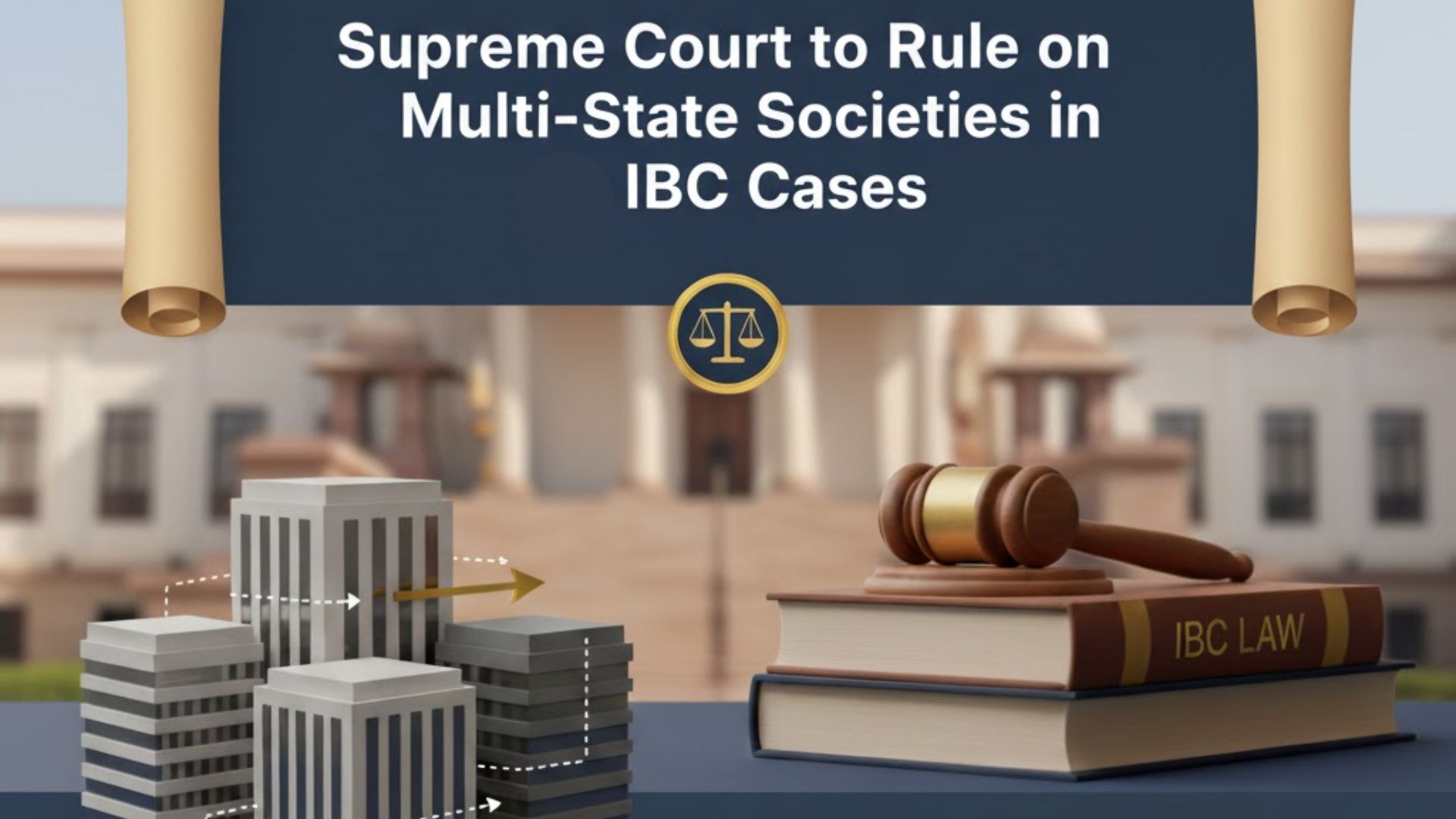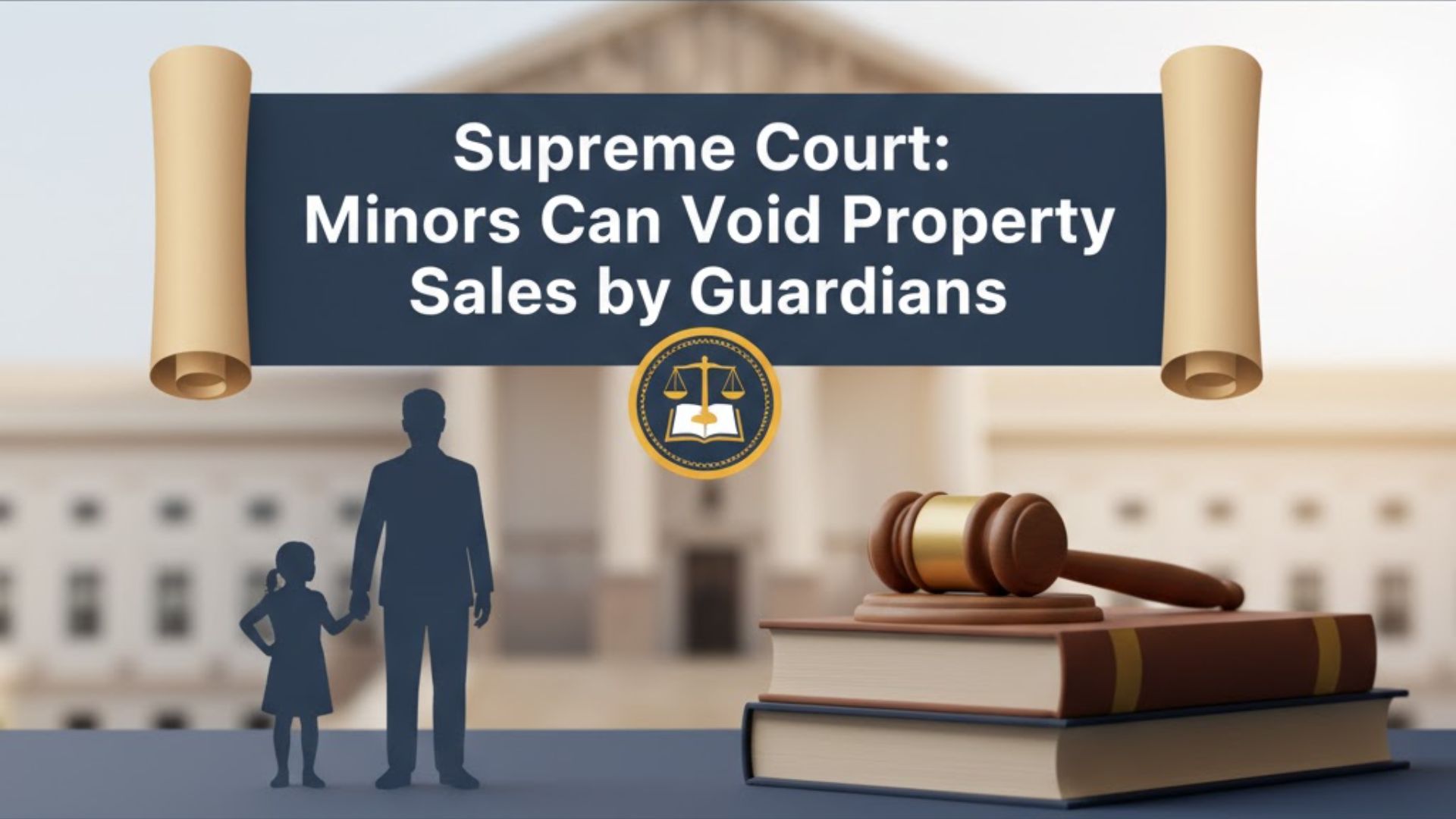J.K. Biswas, J.@mdashThis Letters Patent appeal and another Letters Patent appeal, being A.P.O.T. No. 728 of 1999 [The Board of Trustees
for the Port of Calcutta Authorities and Anr. v. A.P.L. (India) Pvt. Ltd. and Ors.], have been heard together; both were filed against the Judgment
and order dated 4th May, 1999 passed in writ petition No. 1690(W) of 1998.
2. By our judgment pronounced today in the other appeal, we have set aside the judgment and order of the learned single Judge. But we did not
pass any order regarding the application of the sale proceeds of the cargoes, as in terms of order dated 26th July, 1999, passed in this appeal, the
question of entitlement to the same--between the Customs and the Calcutta Port Trust-- is dependent upon the result of this appeal.
3. Since facts and legal positions regarding the issues have been already discussed at length in the other judgment, we are not repeating the same.
In this Judgment we are giving only a hint of the dispute involved.
4. Two loaded import containers were detained by the customs authorities for mis-declaration of the cargoes which were seized. The respondent
Nos. 1 and 2 who filed the writ petition were the steamer agent, owner of the containers, and agent of the containers; they were interested only in
the removal of the empty containers. The respondents Nos. 6 and 7 who were the consignees of the goods could not or did not remove the goods.
The two detained loaded import containers remained in the premises and custody of the Calcutta Port Authorities. Taking the ground that for fault
of the Customs Authorities the respondents Nos. 1 and 2 were not liable to pay demurrage on the containers, they filed the writ petition; they
prayed for direction upon the customs and the Port Authorities to de-stuff and release the containers, and upon the Port Authorities to refund all
amounts recovered towards demurrage on the containers. While allowing the writ petition with direction to release the containers without payment
of any charges by the respondents Nos. 1 and 2, and to refund all amounts recovered from them; the learned Judge was also pleased to give
directions for sale of the cargoes, and regarding the mode of application of the sale proceeds. Being aggrieved by these directions for sale of
cargoes and application of sale proceeds, the Customs Authorities filed this appeal.
5. Regarding the sale of cargo de-stuffed from container No. NOSU-4253098 (it appears in order dated 26th July, 1999) it was wrongly
recorded that cargo in this container had been confiscated) the appellants have no claim; therefore we need not decide any question so far as this
sale is concerned. Suffice it to say that in the absence of any claim by anyone, including the consignee, the Port Authorities shall apply the sale
proceeds of this cargo according to provisions of Section 63 of the Major Port Trusts Act, 1963.
6. The appellants have laid a claim to the sale proceeds of the cargo de-stuffed from the other container (container No. GSTU-7277456). The
ground for the claim is that in terms of Sections 46, 49 and 126 of the Customs Act, 1962 only the appellants had the right to sale the confiscated
cargo and appropriate the sale proceeds, therefore the direction given by the learned Judge was contrary to law.
7. Although, it appears, at the time of passing the order dated 26th July, 1999 submissions were made on behalf of the Customs Authorities that
penalty and fine imposed by the confiscation order were due and payable, we have not been able to find any material on record in support of such
claims. But even assuming that penalty and fine were payable under the Customs Act, 1962, the position of law is clear that u/s 59 of the Major
Port Trusts Act, 1963, the lien of the CPT, for its rates leviable on the goods in question, was to have priority over such claims, and u/s 63 of this
Act the sale proceeds were to be applied in payment of port charges before applying any portion thereof in payment of such claims. The sale
referred to in this Section 63 is the sale u/s 61 or 62 of the Major Port Trust Act, 1963,-- a right of the CPT in this case. Hence we find that the
claim to the sale proceeds laid by the appellants has no legal basis.
8. For the foregoing reasons we find no merit in this appeal, and accordingly the same is hereby dismissed. The sale proceeds of the cargoes shall
go to the CPT, which shall apply the same in the order as provided in Section 63 of the Major Port Trusts Act, 1963. There will be no order as to
costs.
A.K. Mathur, C.J.
9. I agree.

